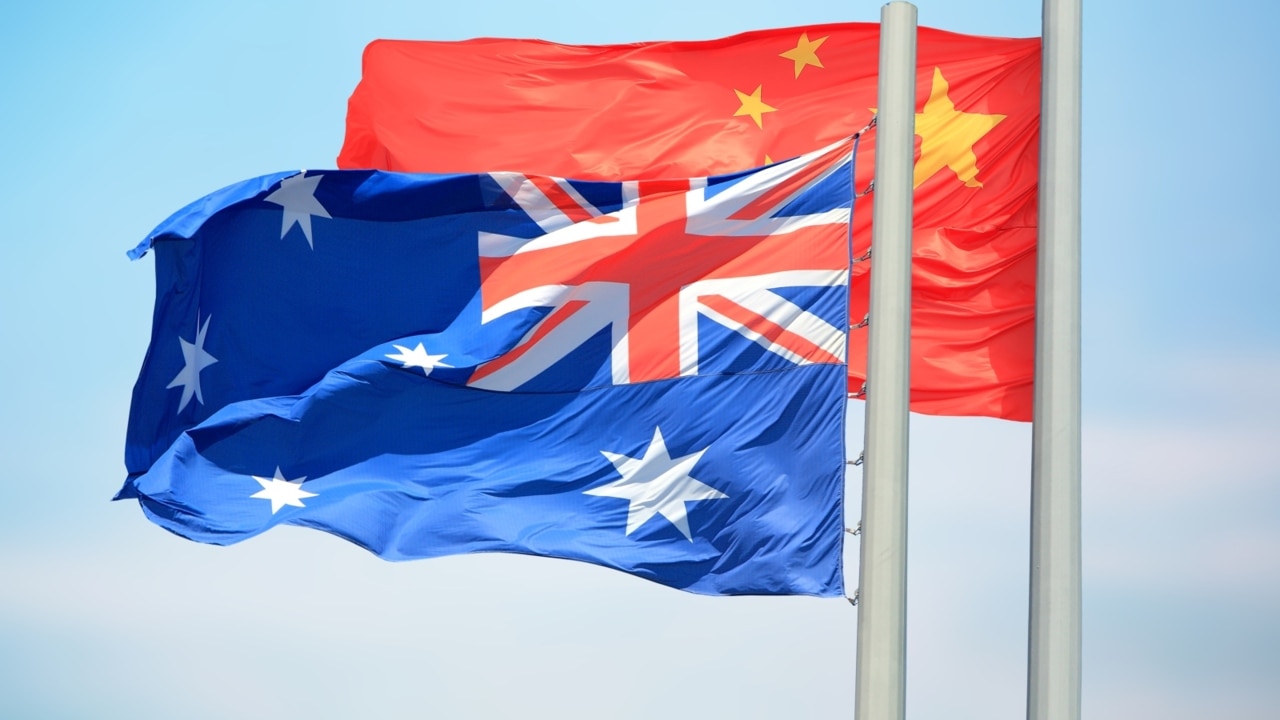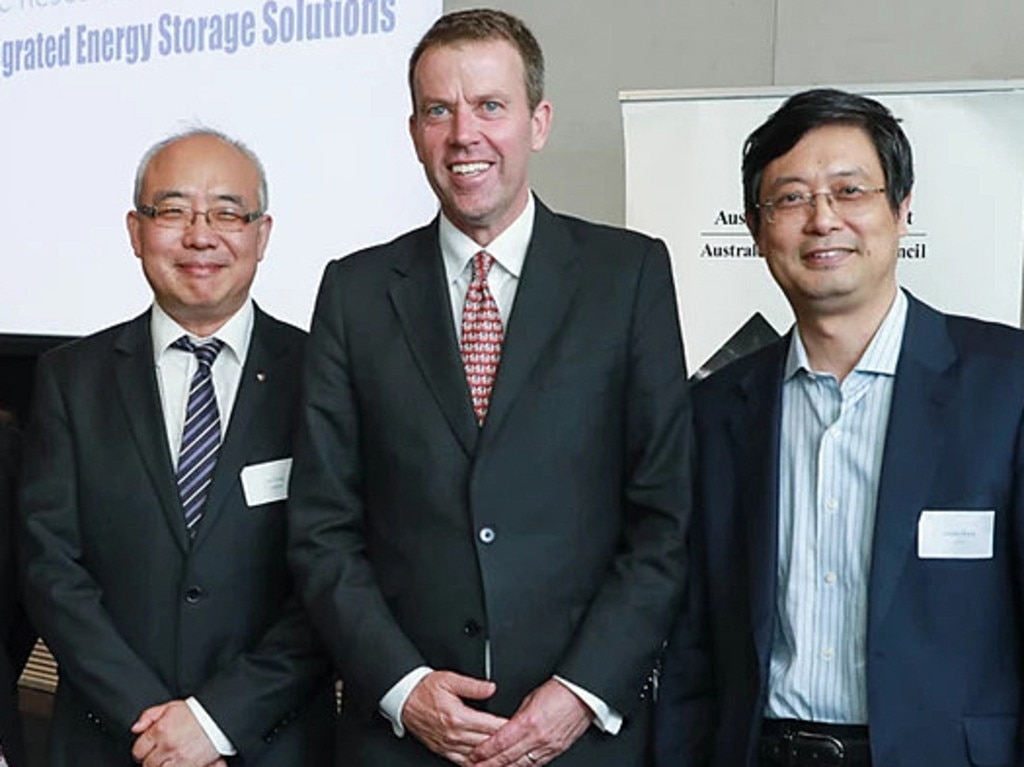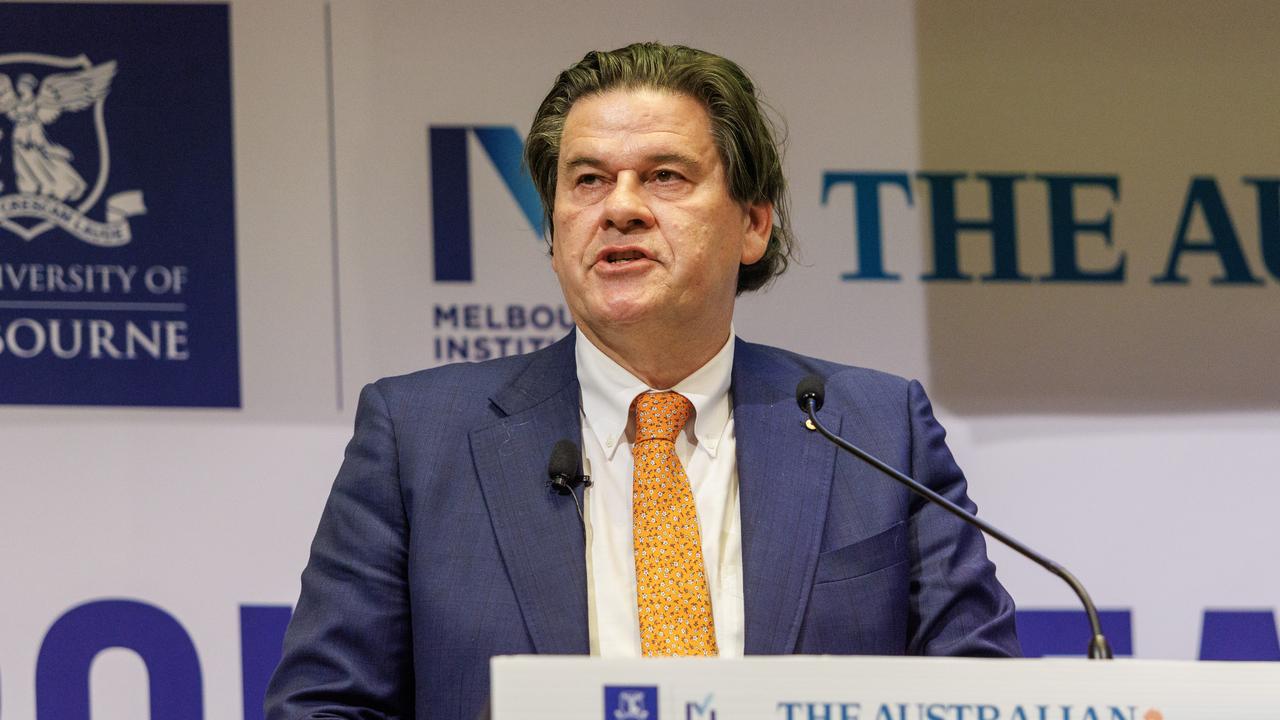Research abroad owned by the CCP
Thousand Talents contracts leave little room for doubt that China is the ultimate owner of academics’ work.

Thousand Talents contracts leave little room for doubt that China is the ultimate owner of academics’ work.
Legally-binding contracts tendered to US congressional committees state that the Chinese University affiliated with the Thousand Talent Plan “owns the copyrights of the works, inventions, patents and other intellectual properties produced by Party B during the Contract period.”
Scientists are not permitted to disclose that they are part of the Thousand Talents Plan without permission.
Contracts usually have a clause that states the academic is required not to “disclose (the contract) to unrelated parties without consent.”
Contracts also state: “Intellectual property rights … including copyright, patent rights, trademark rights are owned by (the Chinese institution).”
Scientists are told in the contract: “You will perform much of your work remotely” and that they “Shall observe relevant laws and regulations of the People’s Republic of China and shall not interfere in China’s internal affairs.”

In one legally binding contract from Wuhan University to a Thousand Talent recipient, they were told they would receive “research start-up funds of 2 million RMB” and they will be provided with two labs and office rooms.
On top of this, they will receive a “monthly stipend of 10,000 RMB in the form of a talent special region allowance”, a housing subsidy of 500,000 RMB and will also receive international travel expenses to Wuhan University twice a year.
The academic is told to provide Wuhan University with a list of doctoral and graduate students and “focus on recruiting 1-2 postdoctoral students each year.”
Another contract, offered from the Institute of Human Virology, SYSU, states: “We anticipate that you will make several trips to China each year during the term of your engagement, but will perform much of your work remotely.”
It tells the academic that it “may be difficult to avoid commingling the results of your work.”
“Should Chinese scientists contribute to your discoveries in China as we anticipate and our institutions will jointly own, protect and manage the commercialisation of these jointly-made discoveries.”
A Thousand Talent Plan contract negotiated by Tsinghua University’s Human Resources Department from 2014 to 2017 states the annual salary will be RMB 800,000 — equivalent to $162,000 “of which 50 per cent can be converted into foreign currency on a monthly basis.”
It states: “Party B shall observe relevant laws and regulations of the People’s Republic of China and shall not interfere in China’s internal affairs.”
The contract goes on to extend the rules beyond the law into the area of religious practices: “Party B shall respect China’s religious policies, and shall not conduct any religious activities incompatible with his/her status as a foreign expert.”
If there is a breach of contract, the academic is required to “pay a breach penalty of US$800 to 3000 or equivalent to 3 to 10 times party B’s monthly salary in RMB.”
Another contract from Tsignhua University includes an annual salary of RMB 800,000 and a scientific research launch fund of RMB 10,000,000.
It also includes a new research team.
A Shanghai Tech University contract from 2016 to 2018 includes a salary of 600,000 RMB a year.








To join the conversation, please log in. Don't have an account? Register
Join the conversation, you are commenting as Logout